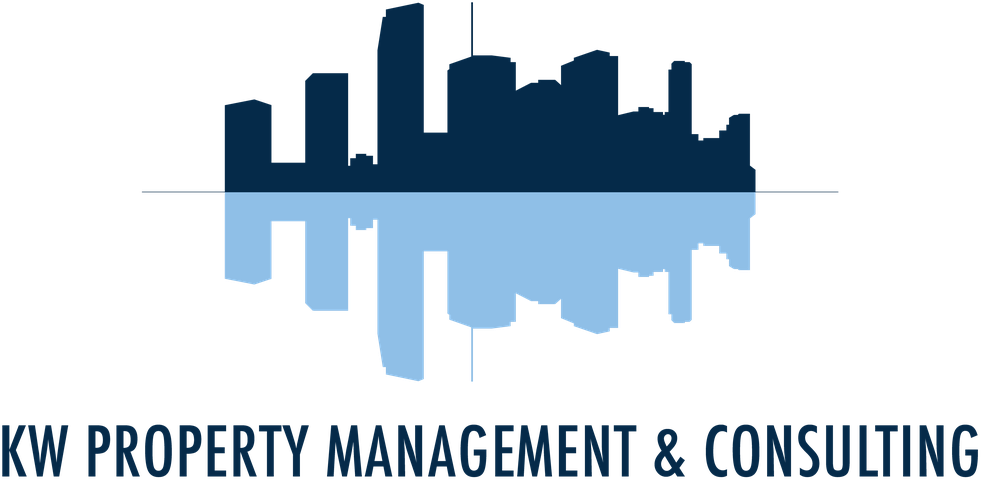Blog
Blog
Summary of New Condo Association Laws in Effect As of July 1, 2018
There are several new laws that will impact Florida Condominium Associations as of July 1, 2018. Below is a summary of new laws, provided to us by Richard D. DeBoest II, Esq, co-founder and shareholder of the Law Firm of Goede, Adamcyzk, DeBoest & Cross, PLLC: Official Records – 718.111(12)(b)/HB841. Plans, permits, warranties, declaration, articles, bylaws, rules. meeting minutes and accounting records from the inception of the association must now be kept forever. Chapter 718 previously required these documents to be kept for only 7 years. All other records must still be kept for 7 years with exception of ballots, proxies and related voting material that only needs to be kept for 1 year. Access to Official Records – 718.111(12)(b)/HB841. Access to official records must be made available within 10 “working” days. Formerly it was 5 working days but since the penalty did not arise until after 10 working days
Condo Associations and the Struggle with Airbnb and Short Term Rentals
Home-sharing incidents have increased significantly in recent years due to the popularity of websites such as Airbnb.com. For a small fee, these websites connect homeowners with people who want to find a place to stay for one night at a time. Homeowners rent their entire apartment or even a single bedroom therein, for a profit. However, conflicts arise when a homeowner is the owner of a condominium unit because the unit owner’s decision to rent out the unit may not be permitted under the condominium bylaws. The rise of Airbnb.com has raised significant concerns for condominiums for a number of reasons including the issue of safety. When a condominium is rented, the renter gains access to facilities such as common areas. The Airbnb.com renters are not responsible for maintenance fees, and may misuse equipment or take advantage of amenities reserved for homeowners. Another issue is whether a transient renter is
Why Condominium Boards Should Scrutinize Owners’ “Prescription Pets”
If there is one word that describes the reaction of board members asked to allow “comfort” or “emotional support” animals in communities that otherwise prohibit pets, it is probably, “Ugh!” This is not because association boards are unsympathetic to the needs of residents who have disabilities requiring the assistance comfort animals can provide; it is because it is often difficult to distinguish between the requests of owners who legitimately need pets, and those who simply want pets and will do almost anything – including claiming disabilities they don’t have – in order to keep them. Owners whose requests are denied often sue boards for failing to provide the “reasonable accommodations” federal and state fair housing laws require for residents with physical or mental disabilities. Fear of that litigation and its attendant costs has led many boards to “just say yes” to most comfort animal requests, assuming that judges and hearing
Property Insurance Claim Denied? Try, Try Again
MAY 29, 2018 by Siegfried, Rivera, Hyman, Lerner, De La Torre, Mars & Sobel, P.A.Article authored by: B. Michael Clark, Jr. and Susan C. Odess After Hurricane Irma made landfall in Florida last year, many property owners were surprised at how unfamiliar they were with the property insurance claim process — mainly because of Florida’s remarkable hurricane-free streak. However, the 2017 Atlantic hurricane season marked the end of that winning stretch, catapulting many Floridians who experienced property damage into insurance claim purgatory. By now, community associations, business owners and homeowners who filed a claim relating to Hurricane Irma damage should have heard back from their insurer as to whether their claim was denied, determined to be under the deductible or fully covered. For many policyholders, their insurer’s coverage decision came back as a disappointing slap in the face, leaving them as discouraged as they felt after receiving the pricey estimates
Protecting Your Florida Home: Tips for Snowbirds and Summer Travelers
Whether you are a snowbird heading north in order to avoid Florida’s brutal summer heat or a family getting ready to travel for the summer, there are ways you will want to safeguard your residence before taking off. Florida’s near-tropical summer climate makes humidity control, flood protection and mold and mildew prevention three areas of concern for every absentee homeowner – whether you are gone for the season or just a month or two. If you are a part-time Floridian or a hardcore summer traveler, here are some important home closing procedures to help you protect your property. Monitor Your Electricity and Water Bills for Unusual Variances Monitor your usage while you are away and check for any unusual changes in energy usage. For example, a variance in your electric bill could indicate an appliance or A/C malfunction. Humidity Summer in Florida means oppressive heat and very high levels of
